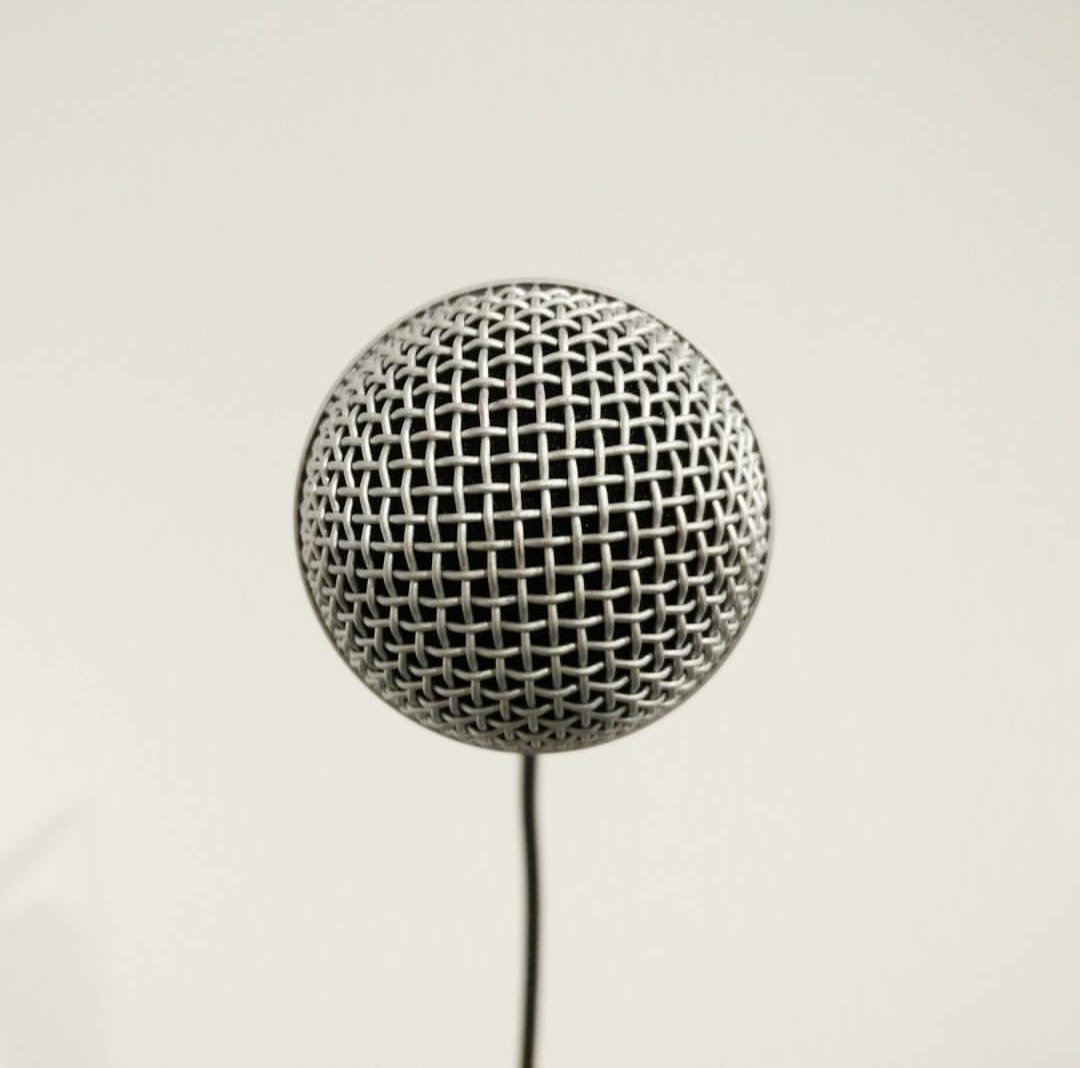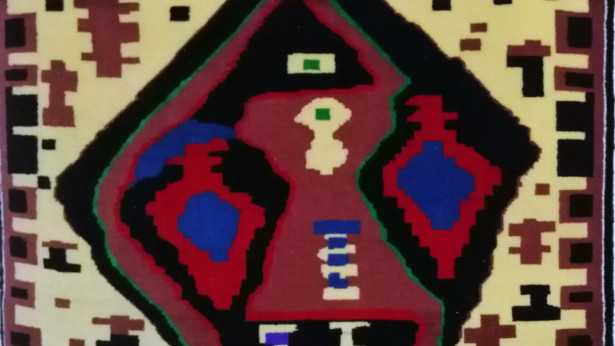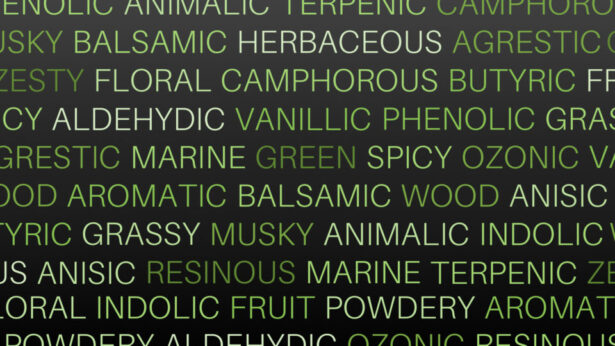In the first lab of our second season we welcome back recent PhD graduate Luke Nickel, who will present a new piece for performers transcribing speech, in advance of its live premiere on BBC Radio 3 on 14 October as part of the Why Music? The Key to Memory event at the Wellcome Collection in London. Luke will talk about transcription in his recent work.
The first half of the session will be led by Andrew Hugill, who will introduce a new project on the ontology of silence, as well as discussing his recent research into audio-only gaming.
The lab meets from 12-2pm in CM119 and then we move to CM106 from 2-4pm.
Andrew Hugill [CM119]
Towards an Ontology of Silence
Andrew presents a project that he has been working on for several months: to create an ontology of silence. This starts from a philosophical premise modelled on Wittgenstein’s Tractatus Logico-Philosophicus and moves into a semantic web ontology that actualises real and ideal silences. The project considers both affect and effect, defining silence as “a duration containing no intentional sound”.
Audio-only gaming: ‘Papa Sangre’
Andrew discusses the results of a research project undertaken in 2015 to analyse the audio-only iPhone game ‘Papa Sangre’. A significant finding was that players of the game often enjoy the experience as electroacoustic music, regardless of the objectives of the game. His analysis therefore focuses on the ways in which gameplay functions as composition or performance, and therefore how the notion of an open score is ‘written’ into the coding and interactivity of the game itself.
Luke Nickel [CM106]
Transcription Music
Luke Nickel will speak about the beginnings of a new strand of practice-based research that involves the live transcription of speech to text, and the implications of considering this action as musical material.



